Introduction
Many supplements and nutritional aids are widely advertised, used, and sold to athletes and individuals. In the cause of promotion, marketers state many things about these supplements, and while some have scientific evidence to support them, others do not. Therefore, the Global Performance Nutrition Institute (GPNI) has created a traffic light system that helps to rank the scientific evidence and safety of supplements. This article gives a background of the system and a classification of different supplements based on the system.
Understanding the Traffic Light System
GPNI’s dietary supplement classification system (DSCS) was designed to inform and educate fitness professionals about supplements, sports foods, and training protocols that are based on science and are widely accepted as effective by multiple institutes, organizations, and scientific bodies. Individuals can use the classification system to determine which supplements and protocols are safe and effective for their clients and which may be a waste of time and money.
Generally, dietary supplements are grouped into three categories under DSCS, namely:
– Green: Good Scientific Evidence
– Orange: Popular but limited research, in any way not considered harmful.
– Red: Widely sold but no solid research and maybe some health concerns
Green Category

Several institutions have deemed the dietary supplements under this category effective and safe, particularly the ISSN. They include:
1. Creatine
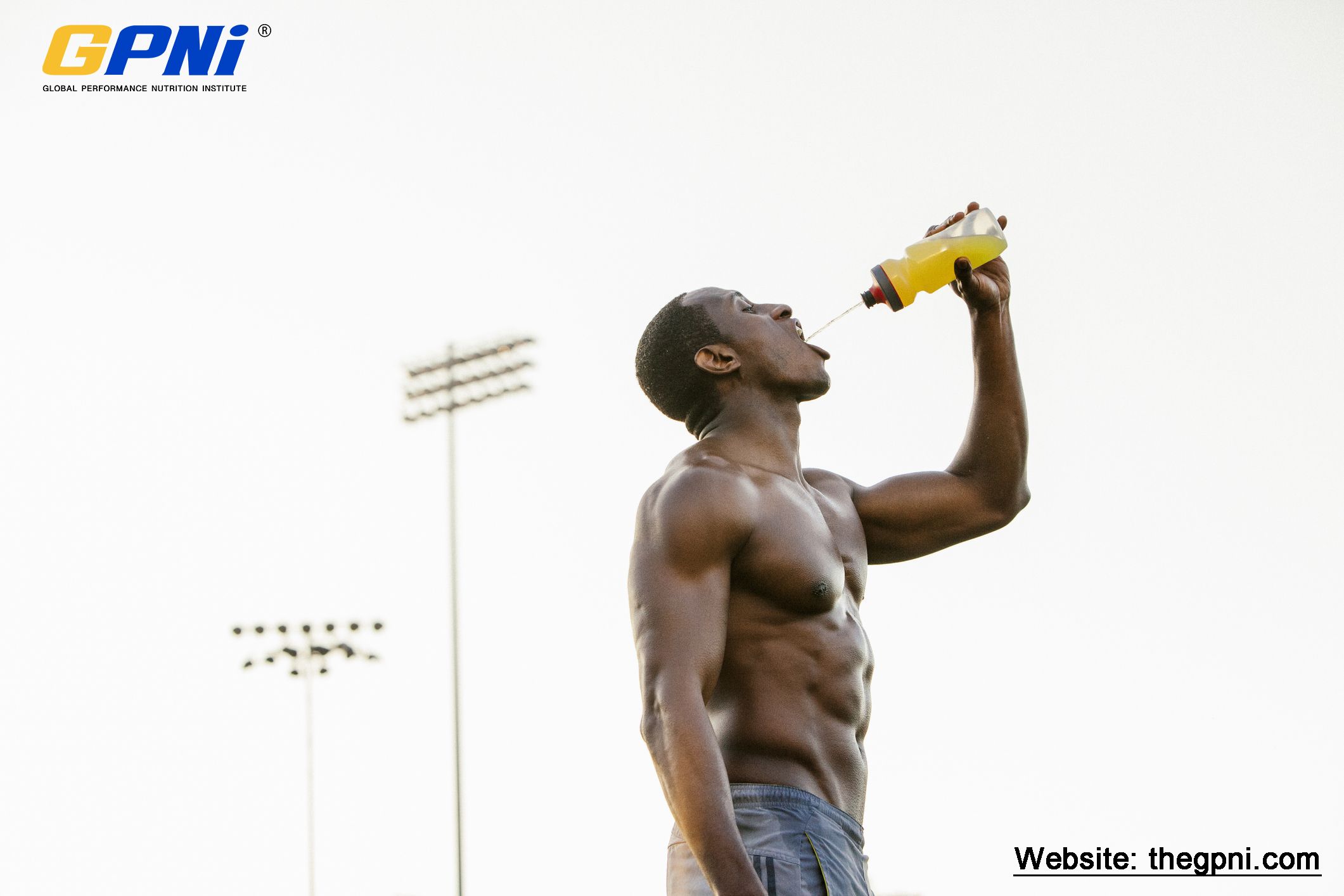
Creatine supplementation significantly increases muscle creatine concentration, according to research. As a result,
high-intensity exercises are performed better, which leads to better training sessions. The benefits of creatine supplementation go beyond improving athletic performance and exercise capacity. It is beneficial for post-exercise recovery, thermoregulation, rehabilitation, injury prevention, and concussion recovery. In a study, the Journal of the International Society of Sports Nutrition (ISSN) reported that creatine loading plus glycogen loading improved glycogen recovery compared to carbohydrate loading alone.
Since replenishing glycogen during intensive training is essential to ensure proper healing and prevent overtraining, creatine supplements can benefit athletes who deplete a great deal of glycogen during exercise. The Journal of the ISSN reported in another study that creatine supplementation supported athletes’ performance by reducing cramping, muscle tightness, heat illness, dehydration, and overall injuries.
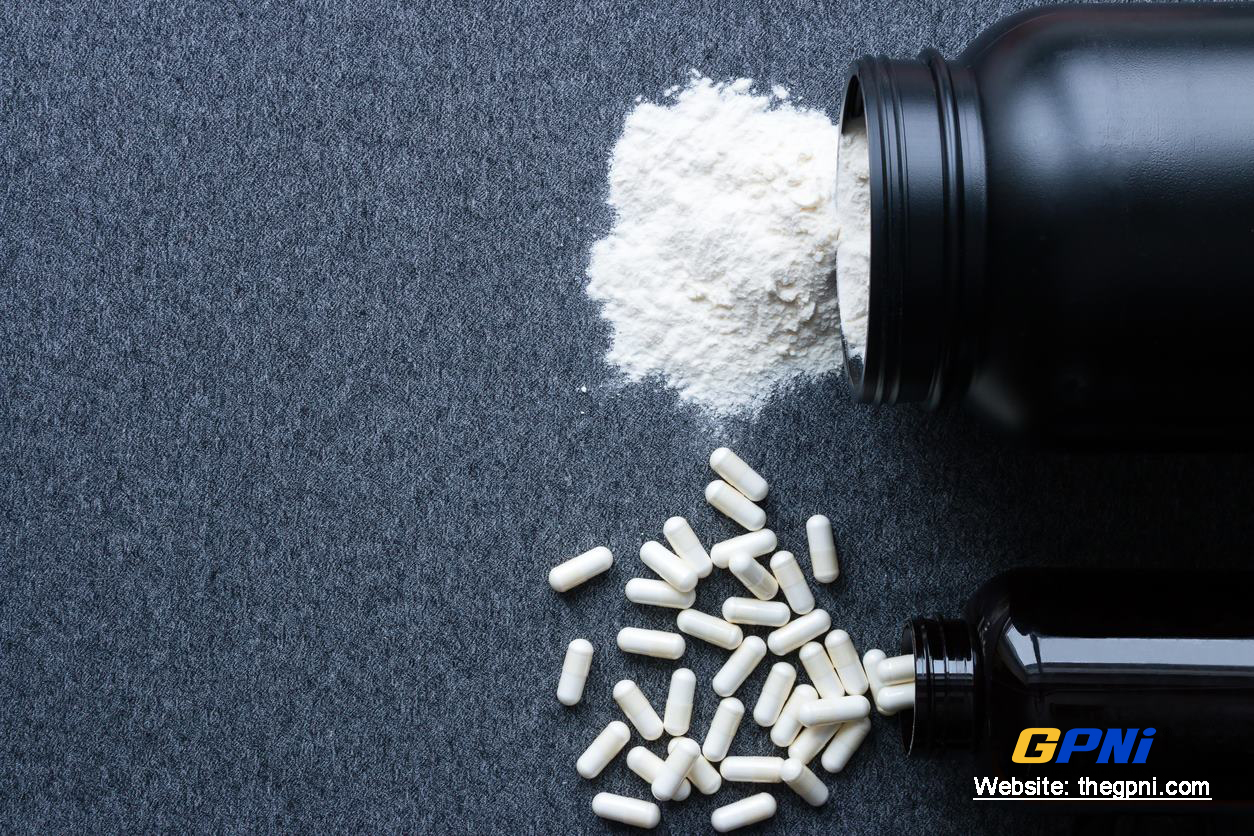
Creatine has also been deemed safe, as expressed in the Position Stand of the ISSN on the supplement. The ISSN states that taking creatine monohydrate supplements is generally safe and proven beneficial when used according to recommended guidelines for preventing injury or treating medical conditions.
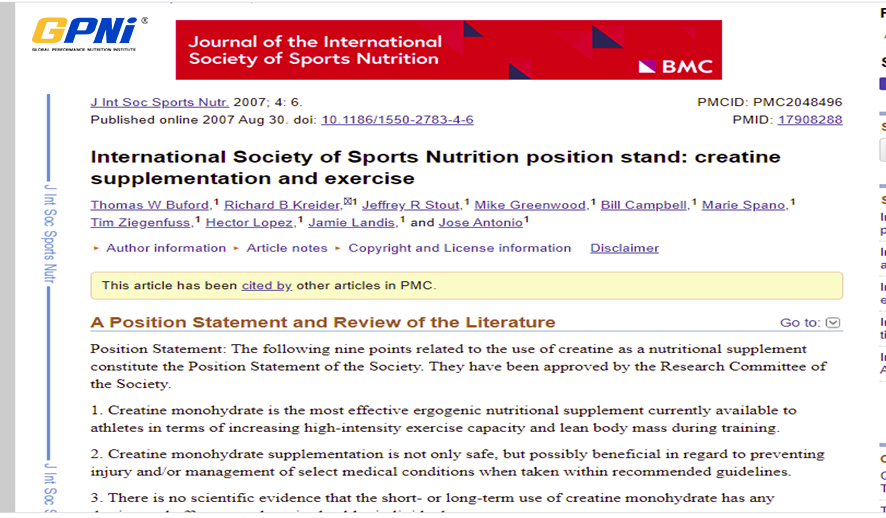
Read full details on the position Stand here:
2. Beta-alanine

In the muscle, beta-alanine supplements increase the level of carnosine by about 80%. This directly affects athletes’ bodies during exercise and sporting activities, reducing fatigue and increasing endurance levels, thus improving overall performance. Likewise, the ISSN maintains in its position paper on beta-alanine that chronic beta-alanine supplementation increases high-intensity exercise performance by increasing the muscle’s carnosine content.

To Read full details on the ISSN Position Stand, Click here:
Other studies have shown beta-alanine supplementation helps prolong the exhaustion period during high-intensity sports. For example, in a study conducted by the National Center for Biotechnology Information on cyclists, supplementing with beta-alanine for four weeks increased the total work done (TWD) by 13% and another 3% after ten weeks.

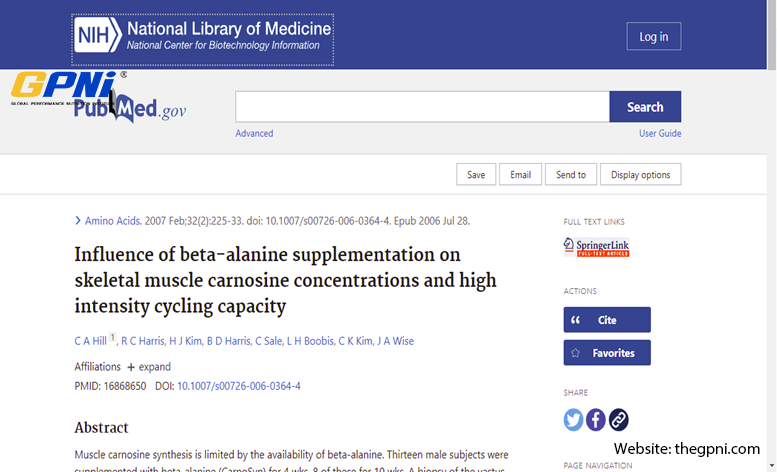
To Read Full Details, Click Here:
Although beta-alanine might help with fatigue and endurance, it does not appear to improve muscle strength. In relation to beta-alanine and strength, the ISSN stated that “there is no evidence that beta-alanine increases strength during resistance training, though it does appear to increase training volume.”
3. Caffeine
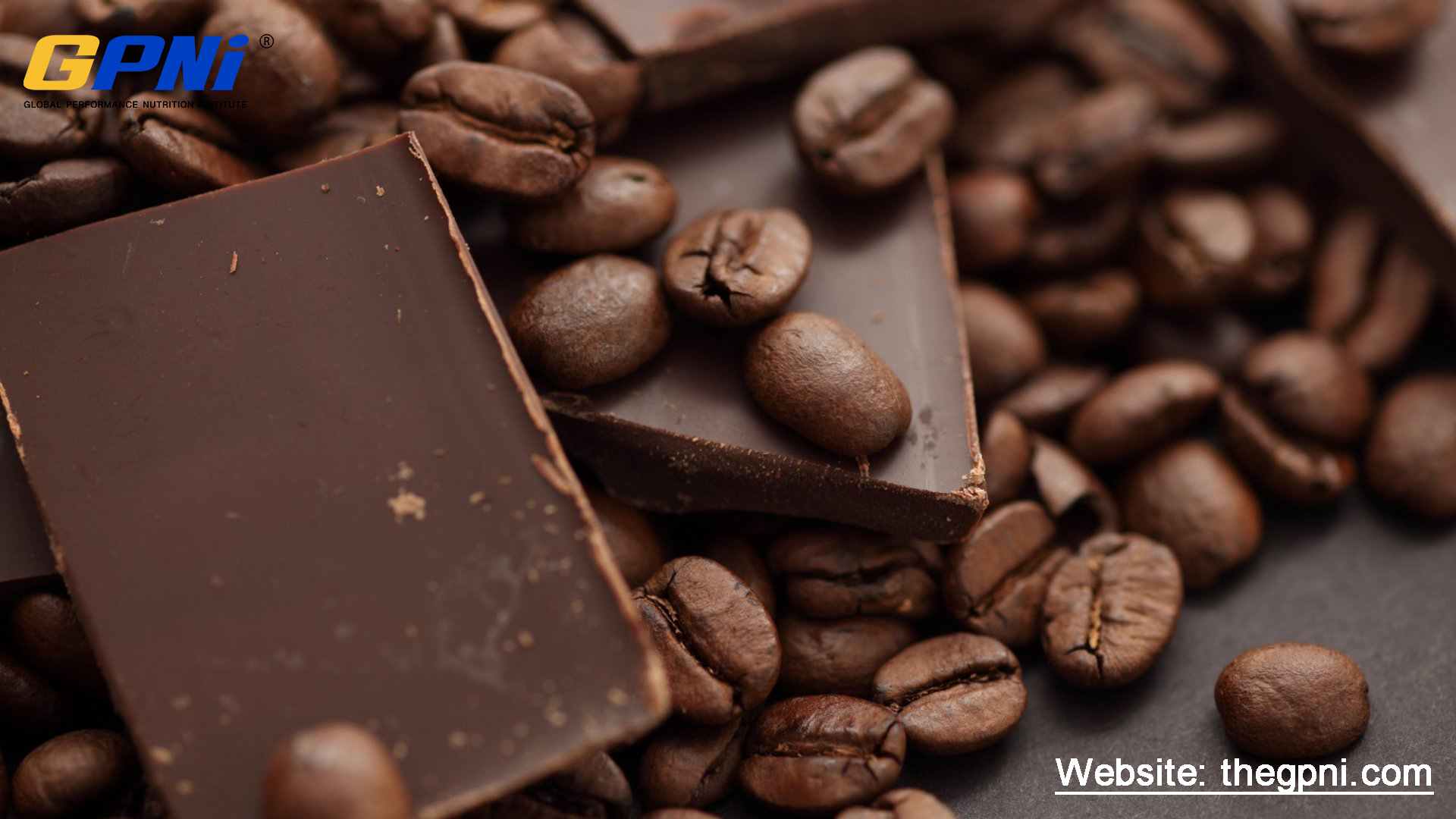
Caffeine occurs naturally in coffee, tea, and cacao plants. It boosts alertness and prevents fatigue by stimulating the brain and central nervous system. Caffeine is absorbed into the bloodstream quickly after ingestion. It is then processed in the liver into compounds that can affect the activities of different organs.
Caffeine, however, mainly affects the brain. By blocking adenosine, it blocks the effects of a neurotransmitter that relaxes the brain and leads to fatigue. It may also increase dopamine and norepinephrine levels in the brain, as well as blood adrenaline levels. This combination of actions arouses the brain and promotes alertness, focus, and vigilance.
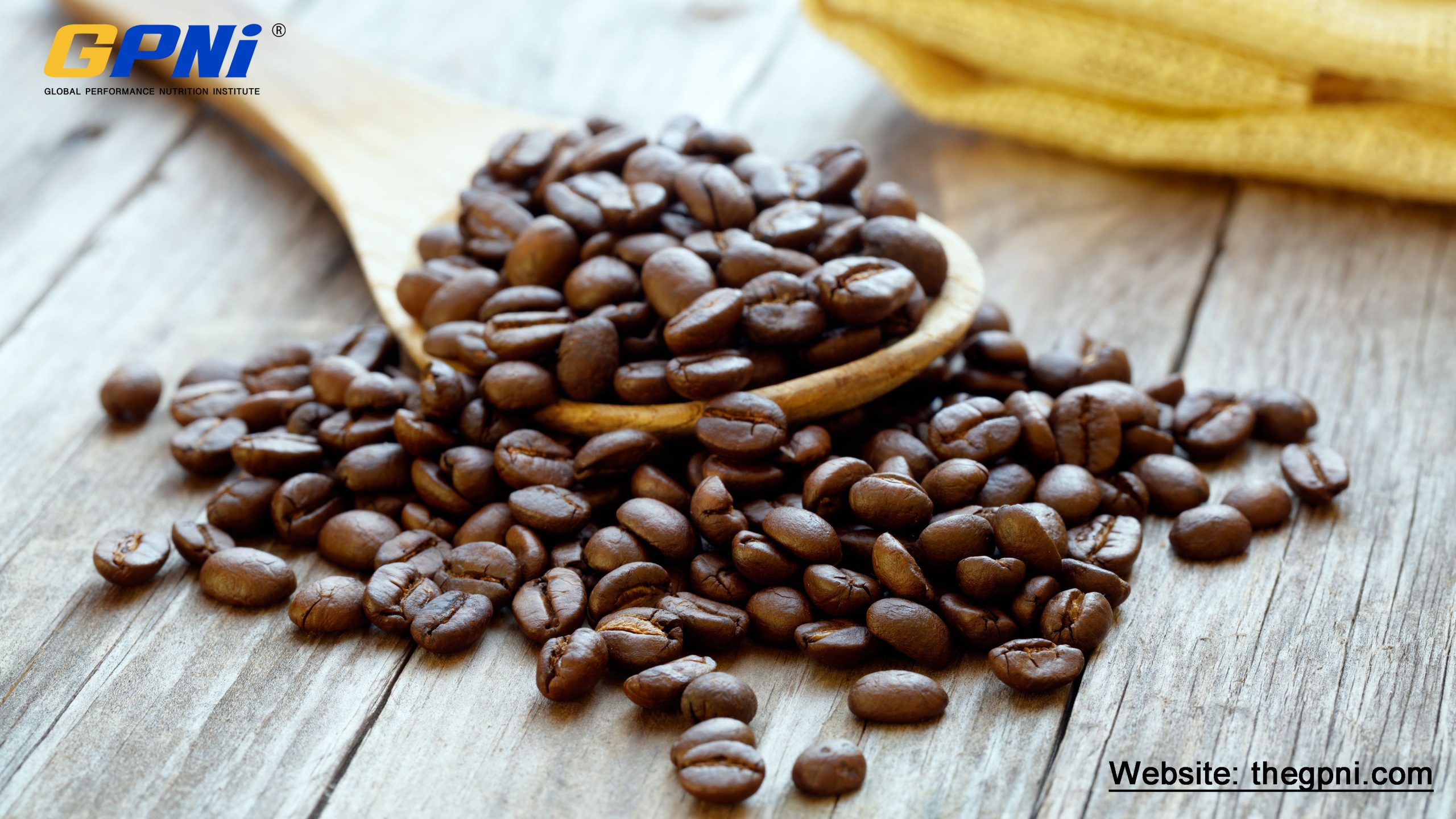
Following extensive research on caffeine’s effect on exercise or sports performance, the International Society of Sports Nutrition stated the following key conclusions:
● Both trained and untrained individuals benefit from caffeine’s performance-enhancing effects.
● People who are sleep-deprived may benefit from caffeine.
● With a dose between 3 and 6 mg/kg, caffeine can be used safely during endurance exercise at altitude and in the heat.
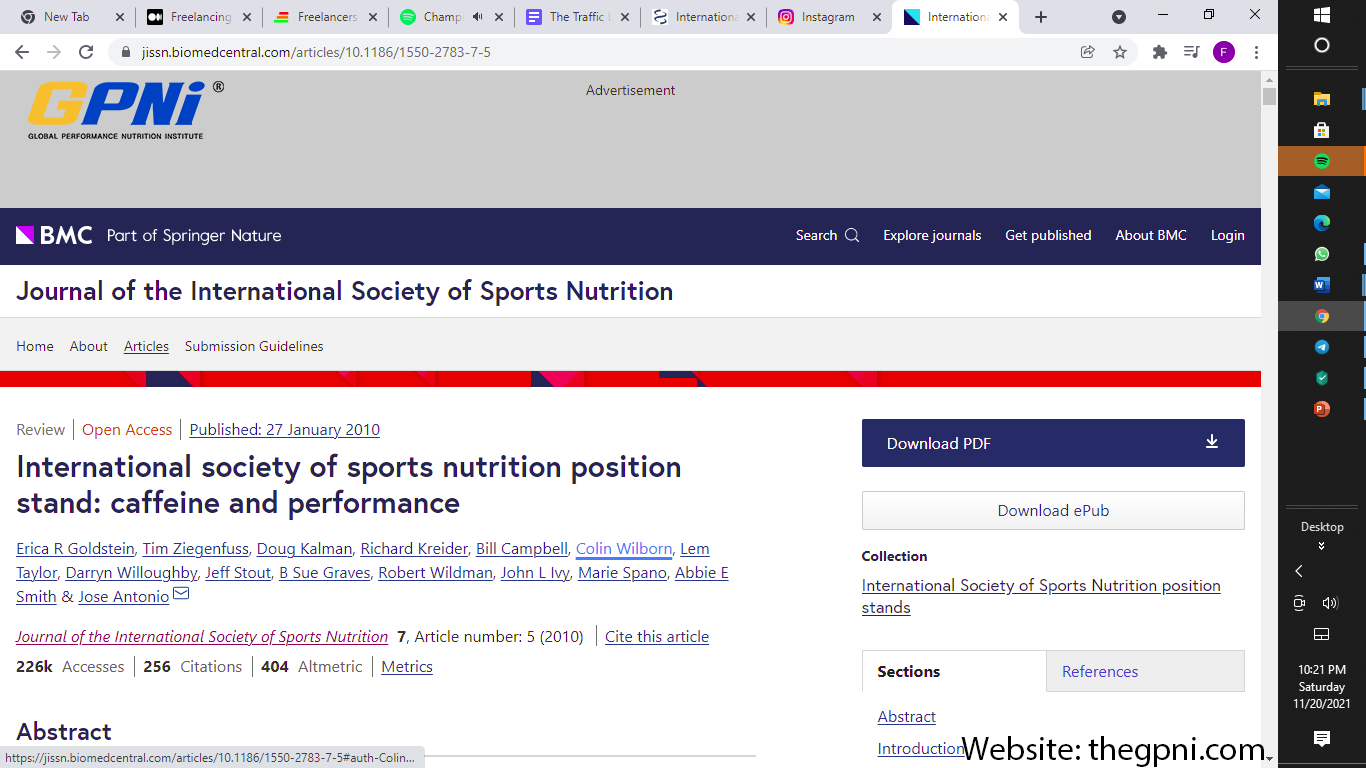
To Read full details of the ISSN position Stand, Click here:
Other dietary supplements under this category
– Sport Drinks
– Protein Powders
– Energy gels
Orange Category

Supplements in this category tend to have limited or somewhat contradictory scientific backing for improving sports performance/health. Scientific bodies, organizations, and academic/sporting institutions aren’t unanimous in accepting their effectiveness. Nevertheless, some of these supplements may be appropriate under certain circumstances. They include:
1. Leucine

Studies have demonstrated that high proportions of essential amino acids (EAA) and adequate leucine are most effective in stimulating muscle protein synthesis (MPS), especially in low-calorie environments. In addition, numerous studies have documented the effect of leucine on muscle gain. The NCIB lists an example of such studies. During the study, leucine supplementation was tested on older adults to determine if it was effective.
Study results showed that leucine could be an efficient supplement to improve muscle protein synthesis in older adults, especially where there is inactivity or malnutrition.
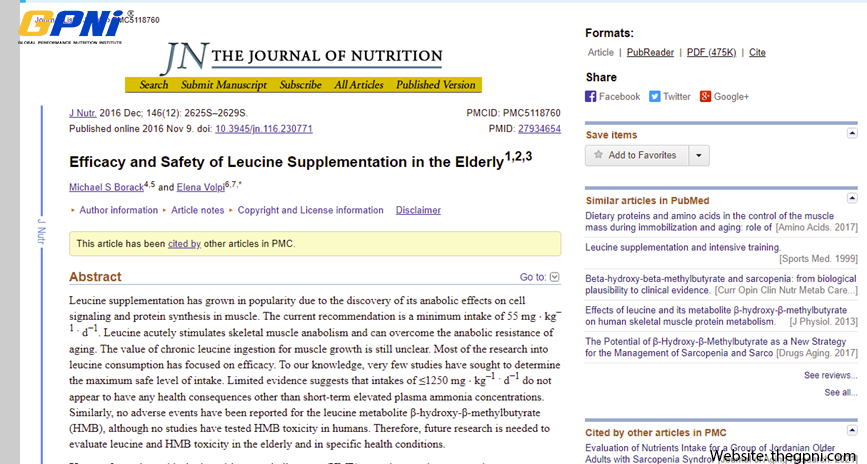
To Read Full Details, Click Here:
2. Long-Jack (Tongkat Ali)
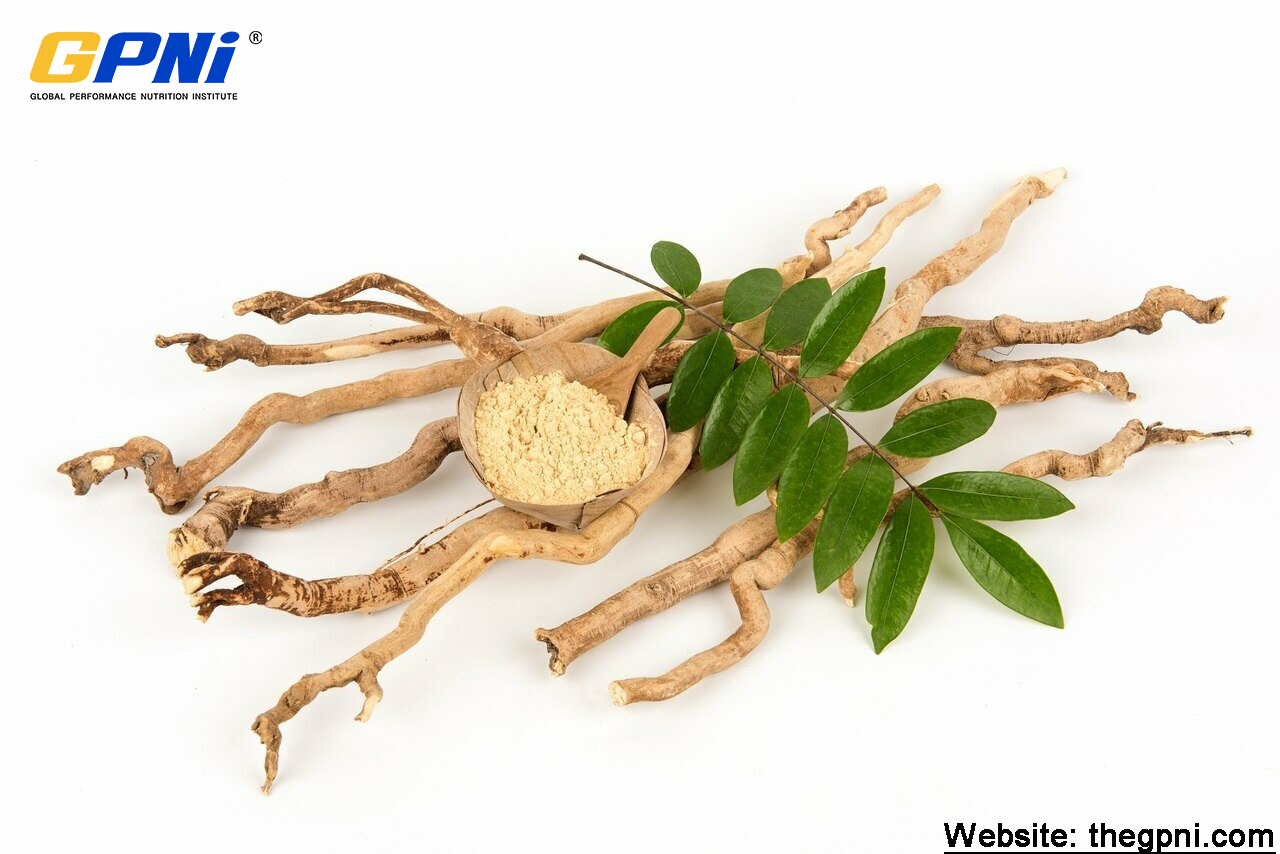
An Asian green shrub called Eurycoma longifolia is the source of Tongkat Ali, sometimes called Long Jack. According to science, Tongkat Ali is helpful in boosting testosterone levels among men who have low levels. Over 90% of older men with low testosterone levels who took 200 mg of Tongkat Ali extract per day experienced improved testosterone levels, according to a study conducted by the NCBI. However, there is need for more investigation in more subjects.
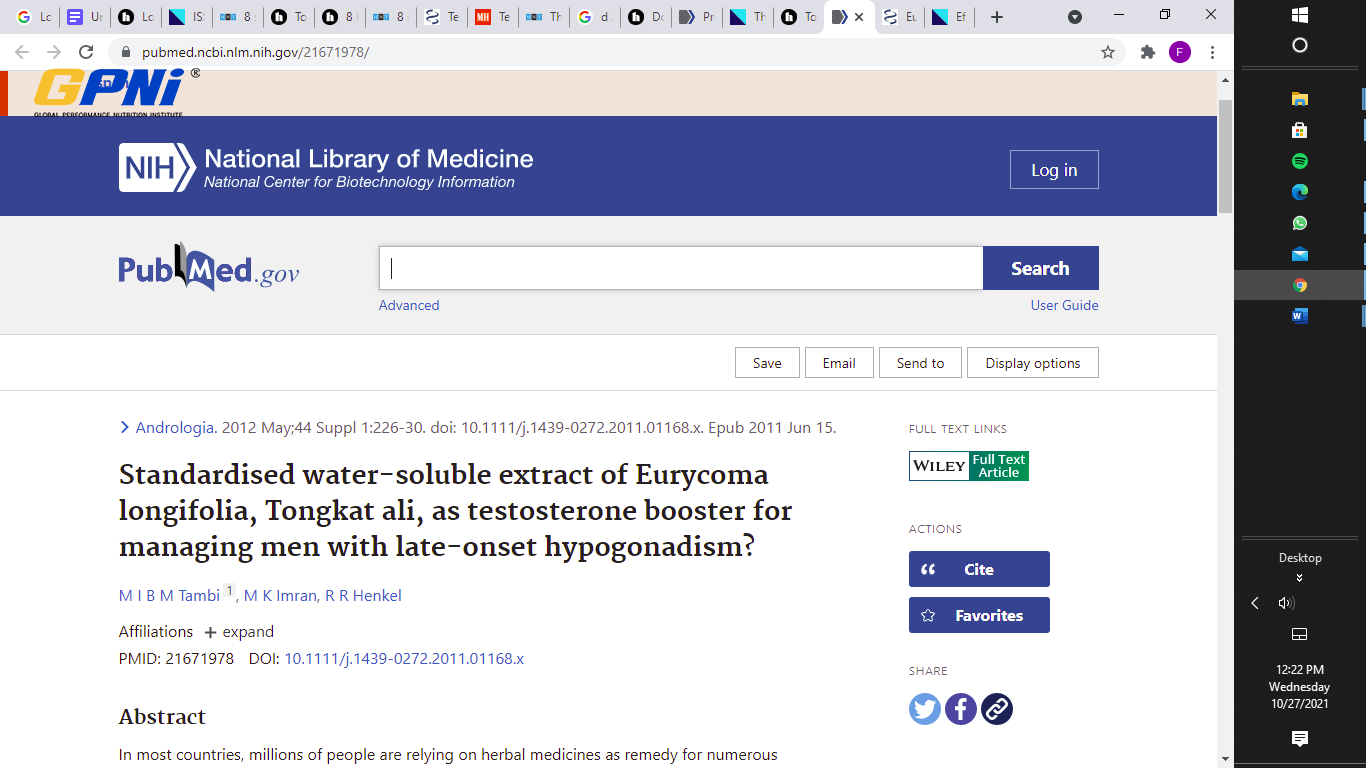
3. HMB (beta-hydroxy beta-methyl butyric acid):
The compound HMB prevents protein breakdown in the body naturally. In general, research suggests that HMB is not an effective fat burner or muscle builder for most people. However, among non-athletes, HMB may help reduce muscle soreness, fatigue and may increase muscle protein synthesis in the first few months of an exercise program. The ISSN, in its position stand on the dietary supplement, came to the following conclusions:
● HMB can attenuate Exercise-induced skeletal muscle damage in trained and untrained populations.
● If an athlete consumes HMB, they should consume it close to their workout
● When consumed for two weeks before exercise, HMB appears to be most effective.
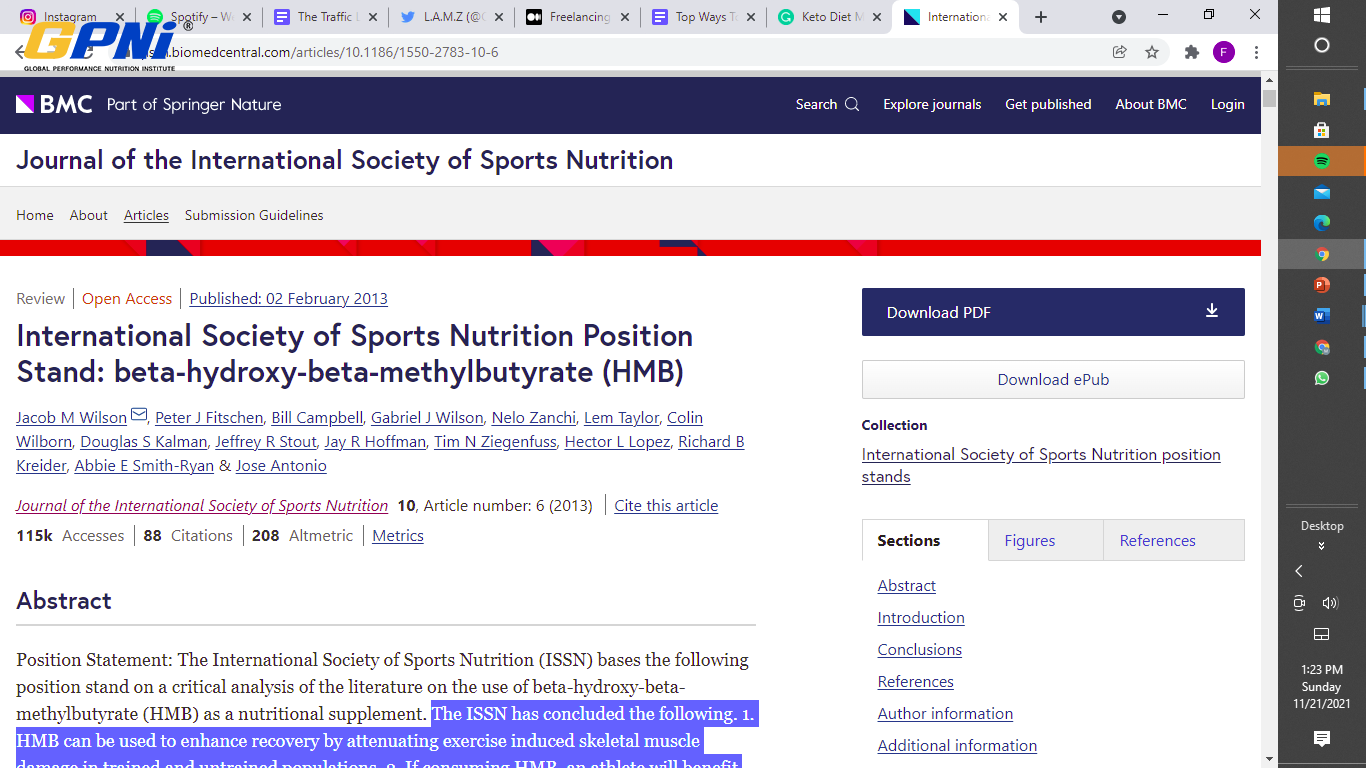
To Read full details of the position stand, Click here:
Other Dietary Supplements under this list include:
– Meal replacement powders or drinks
– Betaine
– Theacrine
– Omega 3 (Fish Oil)
The Red Category

Despite their popularity, there is little research investigating these supplements to determine their usefulness, or there is evidence that they are not helpful. They include:
1. Conjugated Linoleic Acid
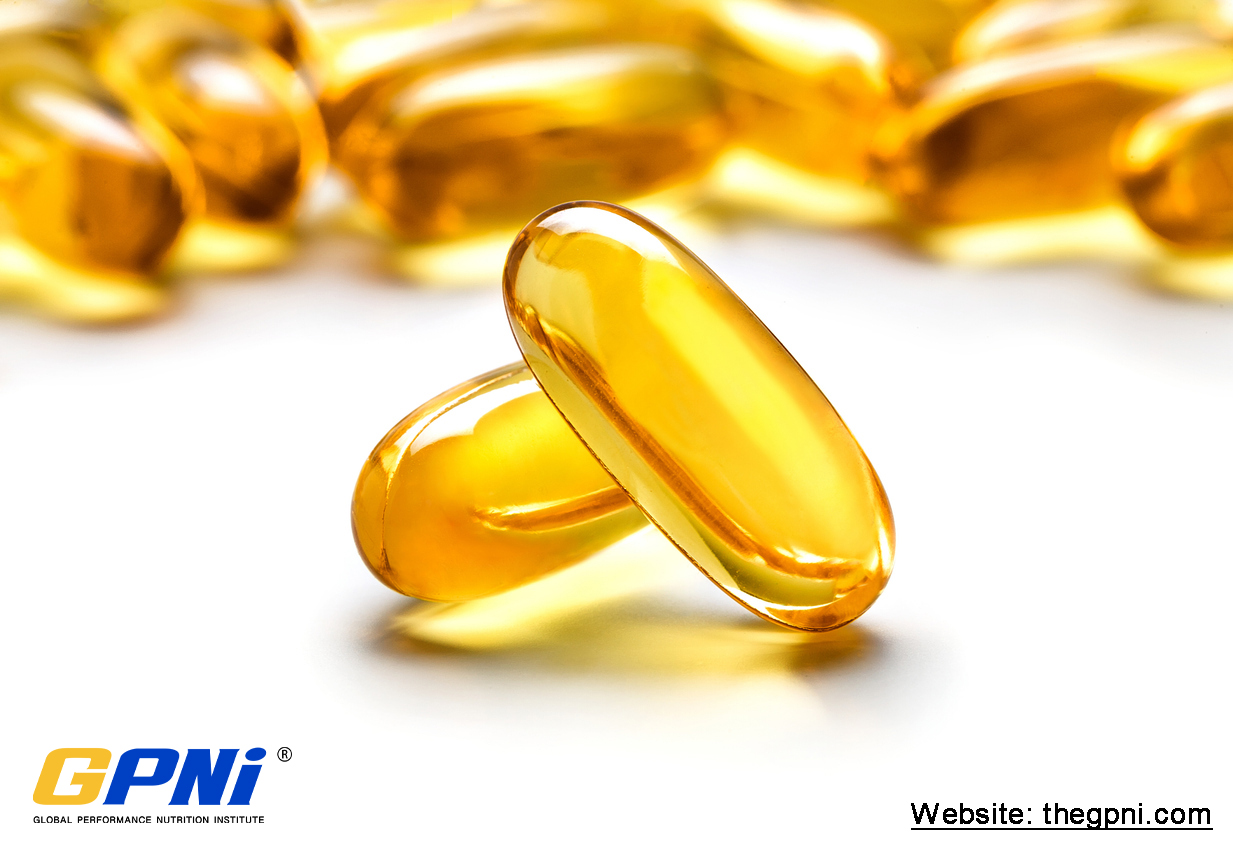
In a review of the effects of supplements, ISSN concluded concerning CLA that: Despite its widespread use as a health and weight loss supplement, there is no evidence that supplementing with CLA has any such effect on humans.
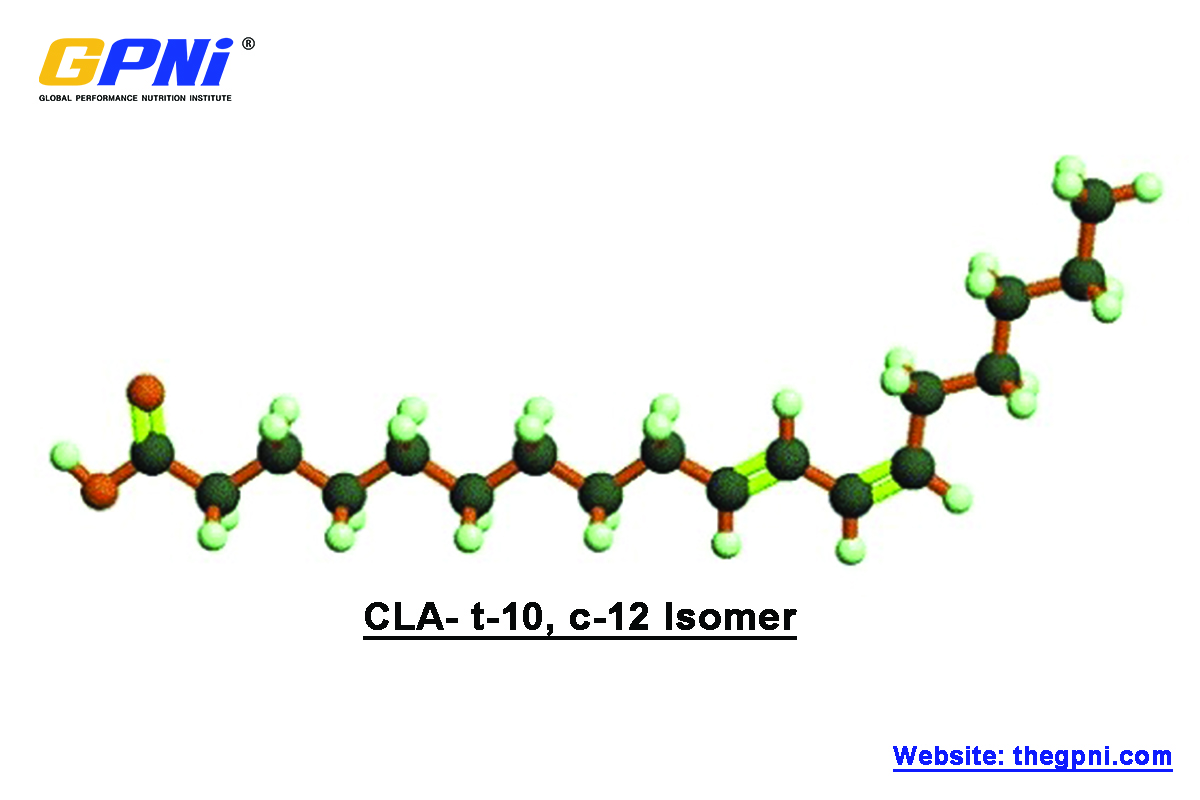
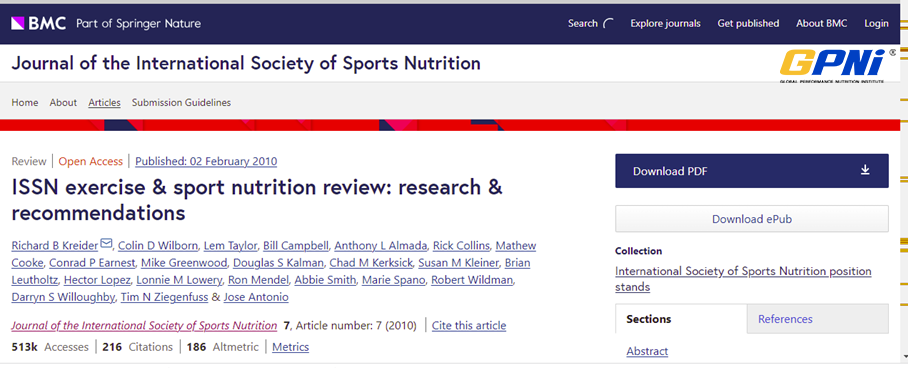
In a study conducted by the NCBI on the effects of CLA supplementation on obese young women, CLA supplementation was not shown to reduce body fat or improve lipid profiles among obese young adults.
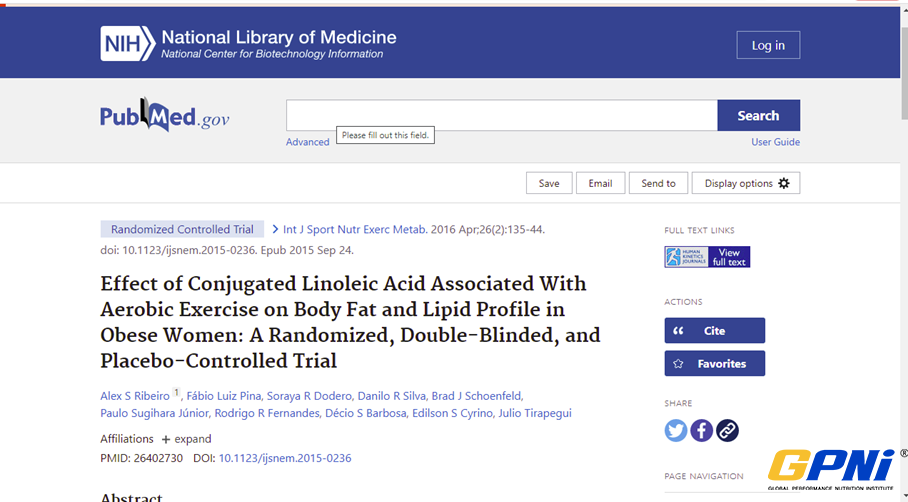
2. L- Carnitine
L-carnitine does not affect fat loss, according to a wealth of scientific evidence. In the rare instances where it does seem to be effective, it has a minimal effect. From a theoretical perspective, it is logical that L-carnitine could impact weight loss. Since L-carnitine allows fatty acids to enter cells for energy-burning, this should usually improve the body’s fat-burning ability and weight management. Several studies, however, disagree.
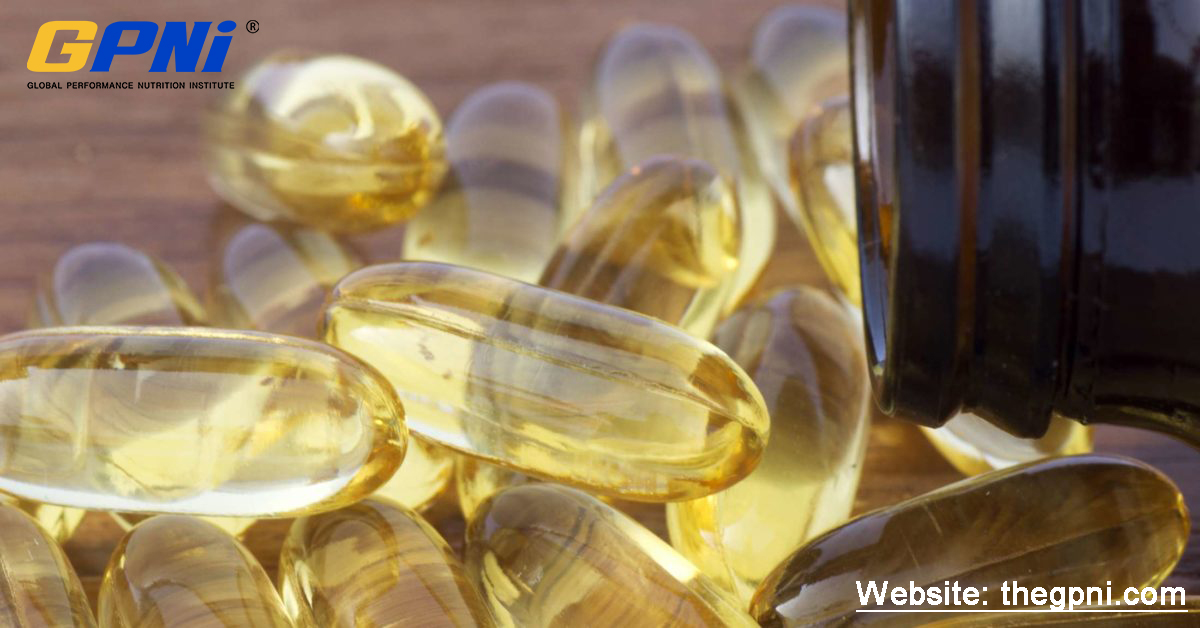
The ISSN confirmed this in a statement thus: “From the majority of controlled studies, it has been shown that L-carnitine supplementation is not associated with increased muscle carnitine content, fat metabolism, or weight loss in overweight or trained individuals.” (paraphrase). This statement was made in a review of exercise and sports nutrition by the ISSN.

Other dietary supplements in this category
– Fat Burner
– Testosterone boosters
– Glutamine
– Hormone Boosters
– Chromium
To know more about each dietary supplement, get more learning resources such as those listed below, and get registered today to be a Sports Nutrition Specialist (SNS®) on the GPNi® platform to learn more about the traffic light system.
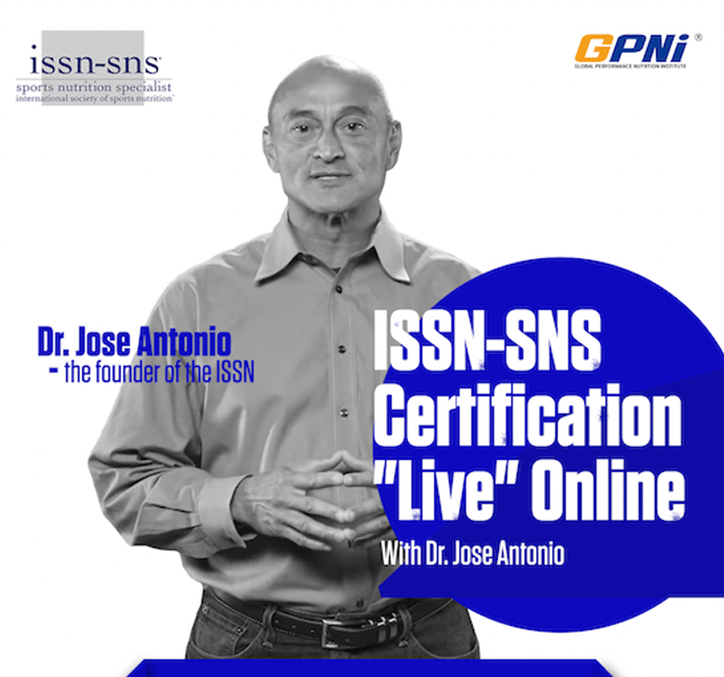
You can also choose one of our Continued Education Certificate programs such as the Endurance & Marathon Nutrition Coach Nutrition Coach (EMNC®) certificate program
Reference
https://www.ncbi.nlm.nih.gov/pmc/articles/PMC2048496/#B82
https://jissn.biomedcentral.com/articles/10.1186/1550-2783-1-1-1
https://pubmed.ncbi.nlm.nih.gov/26402730/
https://jissn.biomedcentral.com/articles/10.1186/1550-2783-7-7
https://jissn.biomedcentral.com/articles/10.1186/1550-2783-10-6
https://pubmed.ncbi.nlm.nih.gov/21671978/
https://www.ncbi.nlm.nih.gov/pmc/articles/PMC5118760/
https://pubmed.ncbi.nlm.nih.gov/16868650/







